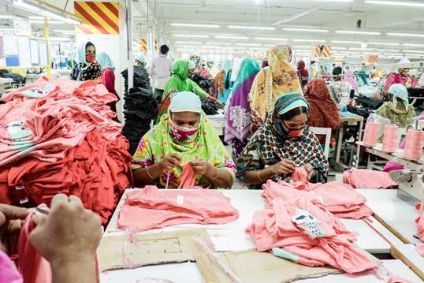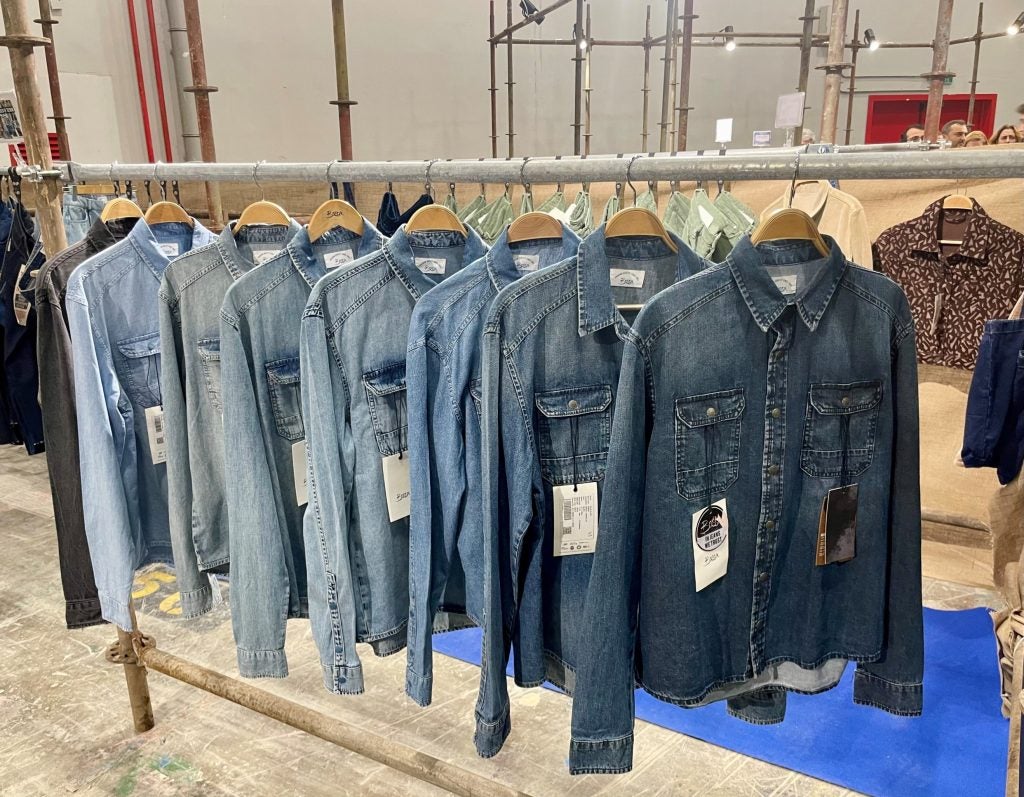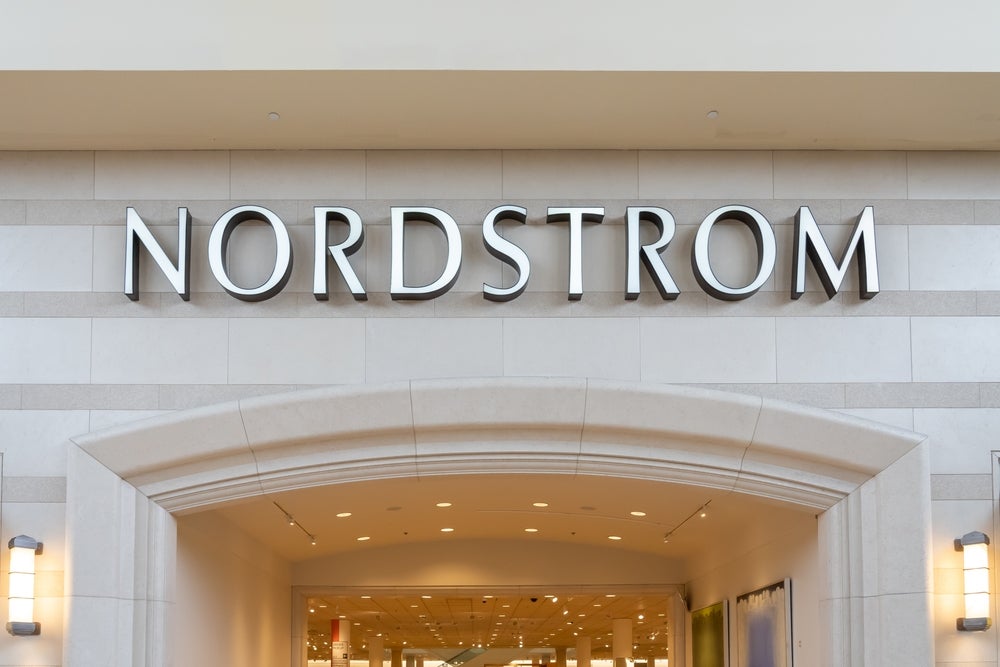
More details have emerged on the disconnect between the purchasing practices of apparel brands and retailers and the ramifications for suppliers – with relentless pressure to reduce costs blamed for raising the risk of disruption, and environmental and human catastrophe.
More than 55% of suppliers have been affected by high-pressure cost negotiation strategies, according to the just-released ‘Better Buying Purchasing Practices Index (BBPPI) Fall 2018,’ an increase since the last quarterly report released in the spring of this year.
This includes not paying for samples (61.4%), not paying in time (only 64.5% of retailers and brands paid bulk order invoices on time) or not paying the full price as indicated in a purchase order (27.3%).
Other tactics include demanding level prices be maintained from year to year, with no consideration for inflation; take it or leave it – meet the Target cost or lose the order; and comparing suppliers only on price instead of a full range of attributes.
The Better Buying initiative, which is supported by C&A Foundation and Humanity United, tracks and releases performance scores and analysis about purchasing practices, allowing trends to be uncovered and providing buyers with actionable insights to help improve their performance.
See Also:
In its latest report, based on data collected between May-August 2018, more than 20% of suppliers also indicated that fewer than 80% of the orders received from retailers or brands were priced to cover the cost of social, environmental, quality, and other compliance requirements.
How well do you really know your competitors?
Access the most comprehensive Company Profiles on the market, powered by GlobalData. Save hours of research. Gain competitive edge.

Thank you!
Your download email will arrive shortly
Not ready to buy yet? Download a free sample
We are confident about the unique quality of our Company Profiles. However, we want you to make the most beneficial decision for your business, so we offer a free sample that you can download by submitting the below form
By GlobalDataAnd for one-third (27.3%) of suppliers, customers did not pay the full price as indicated in the PO (purchase order). Moreover, nearly 10% of suppliers indicated that fewer than 20% of their customers’ POs were paid in full. Suppliers indicated the most common reason for orders not paid in full was late or unsubstantiated claims of quality defects. ‘Other’ reasons included being required to contribute to the opening of a new store, remodelling an existing store, or launching a new brand.
All in all, the report concludes that the more pressure brands or retailers place on cost negotiations, the more likely the price does not cover all the cost. This shows the need for retailers and brands to ensure their negotiation processes promote fair and sustainable partnerships.
It also implores retailers and brands to “stop focusing on reducing costs without considering the implications on suppliers.”
Increased financial pressure on suppliers raises the risk of business failure, supply disruption, and environmental and human catastrophe, authors say, adding: “It is impossible to make tangible improvements to things like living wages and working conditions if retailers and brands do not ease the financial pressure placed on suppliers.”
Regional differences in purchasing practices
Other results revealed in the second BBPPI report are significant regional differences in purchasing practices, with North American retailers forecasting the way orders are spread more consistently than those in Europe.
Two of the categories measured by the index are planning and forecasting, and sourcing and order placement, which captures data related to the supplier’s ability to properly allocate human resources, develop accurate costs, and deliver goods on time. These tasks depend heavily on the accuracy of retailers and brands to forecast the way orders are spread throughout the year.
Interestingly, the index shows a significant difference between European and North American practices. The report states that North American retailers forecast more consistently and accurately than European retailers, which enhances the ability of suppliers to plan production.
Moreover, retailers and brands from Europe/UK provided forecasts later than their North American counterparts. Nearly 37% of North American buyers provided forecasts 120 days or more in advance of order placement, compared to just 17% of Europe/UK buyers. The percentage of retailers and brands that provided forecasts only 29 days (or fewer) ahead of order placement was much larger for retailers and brands in Europe/UK (11.9%) than in North America (6.6%).
A win-win sustainable partnership
The global index measure buyer performance across seven key categories of purchasing practices: planning and forecasting, design and development, cost and cost negotiation, sourcing and order placement, payment and terms, management of the purchasing process, and win-win sustainable partnership (formerly CSR harmonisation).
The renaming of this last category for the Q2 2018 ratings cycle includes a new question asking whether the buyer set minimum expectations of CSR/compliance requirements for production of its orders.
Worryingly, the findings indicated that 9.1% of retailers and brands did not. “This poses a high risk for retailers, brands, suppliers, and the workers that make our clothes and should be addressed immediately with a robust due diligence programme, such as that outlined in the Office of Economic Cooperation and Development’s Due Diligence Guidance for Responsible Supply Chains in the Garment and Footwear Sector.”
Action to change purchasing practices
The first two Better Buying benchmark reports show industry-wide action is needed to transform purchasing practices, and that the ratings results are a valuable tool for optimising business performance and reducing supply chain risks.
“From these actionable insights, retailers and brands can work to streamline their operations, create stronger partnerships with suppliers and monitor their efforts over time,” explains Dr Marsha Dickson, Better Buying co-founder.
“In fact, a few brands have informed us that they have set up internal improvement projects based on the BBPPI results. Similarly, suppliers can better evaluate current and potential customers and business partners and understand how to allocate resources more efficiently. Suppliers that rate their customers help provide retailers and brands with critical information needed to drive purchasing practices improvements over time.”
However, to gain traction more retailers and brands need to provide their supplier lists and invitation letters; and more suppliers need to rate their customers.
Likewise, more buyers are encouraged to give detailed feedback about how they are using Better Buying’s information to improve. And suppliers are invited to give feedback about the improvements they are seeing in their customers purchasing practices.
The latest index includes ratings from 319 suppliers across 38 countries and measures the performance of 67 retailers and brands. This is up sharply from the last index, which saw participation from 156 suppliers across 24 countries and included 65 retailers and brands.
20 buying companies have been praised for working with Better Buying to encourage their suppliers to rate. These are: Bestseller, Bonmarché, Eileen Fisher, G-Star RAW, JP Boden & Company, K-mart Stores (Australia), Mountain Equipment Co-Op, New Balance International, N Brown, NIKE, O’Neill Europe, Outerstuff, Reformation, Rohan Designs, Schijvens Confectiefabriek Hilvarenbeek, Target Corporation, The White Company (UK), WE Europe, Whistles, and White Stuff.
The BBPPI’s next ratings cycle begins in November 2018.
Earlier this month Dr Dickson shared more first findings from the autumn report: 10% of buyers take no notice of factory conditions.
Results from the first ratings cycle found that a long relationship between buyers and suppliers does not correspond to better buying practices; and over 60% of suppliers are not provided any incentives for being compliant to buyer codes of conduct.







